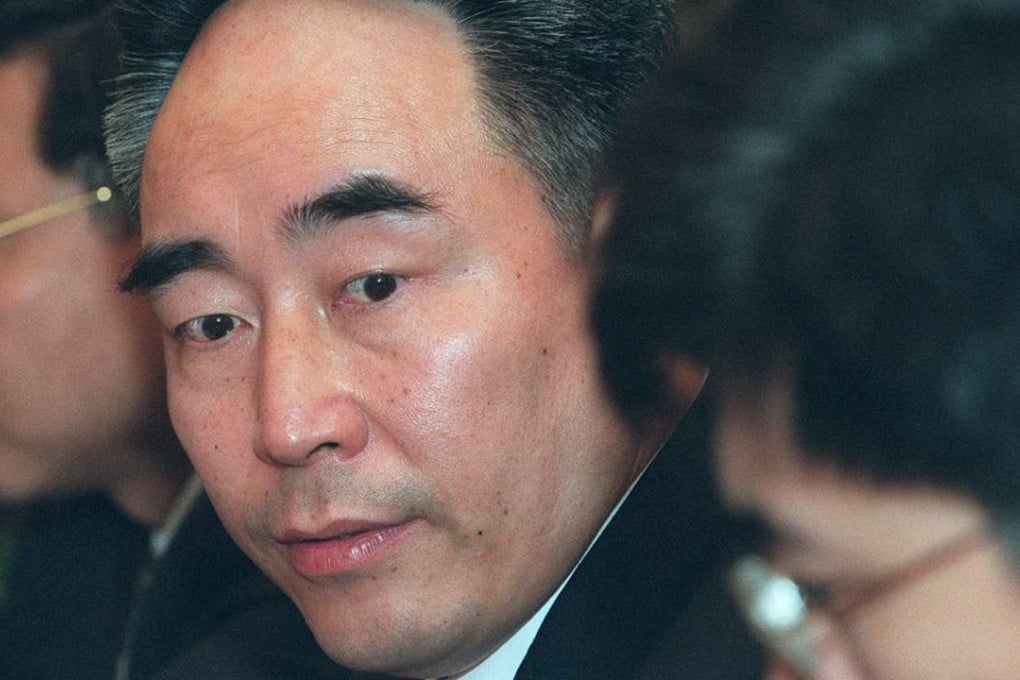China Briefing | From property rights to original sin, how Beijing is reassuring China’s entrepreneurs
Latest measures by Chinese authorities could reassure private businessmen facing insecurity over economic headwinds and anti-graft campaign

Yang Rong used to be a legendary figure in China. In the early 1990s, the stoutly built self-made entrepreneur managed to turn around a state-owned loss-making minivan maker in Liaoning ( 遼寧 ) into one of China’s biggest auto companies.
Listed on the New York Stock Exchange in 1992, Brilliance China Automotive Holdings was then billed as the first state-backed Chinese company to list in New York – a sign of China’s opening up – at a time when tapping capital markets was very much at a nascent stage on the mainland.

After Yang fell out with Bo Xilai ( 薄熙來 ), then governor of Liaoning, his assets were seized by the provincial government and he was forced to flee to the United States after the province filed criminal charges against him. Yang then sued Bo and the provincial government to no avail.
Yang’s case, while high-profile, is not isolated but one of a countless number in which entrepreneurs have been forced to give up their assets in disputes over ownership, or thrown in jail on trumped up charges of stealing state assets or other economic irregularities.

